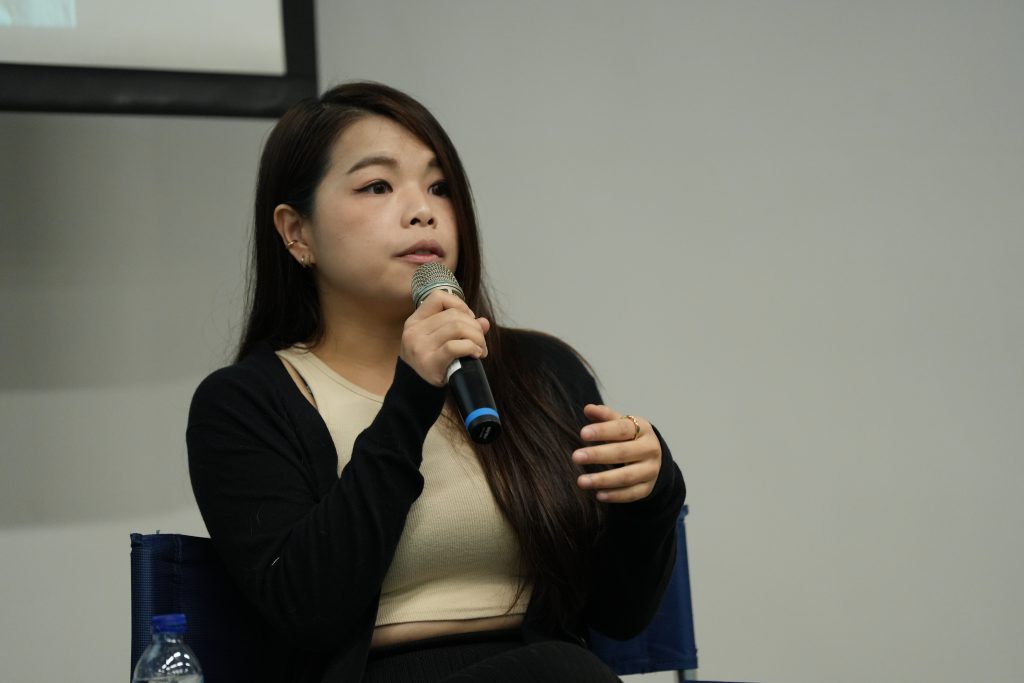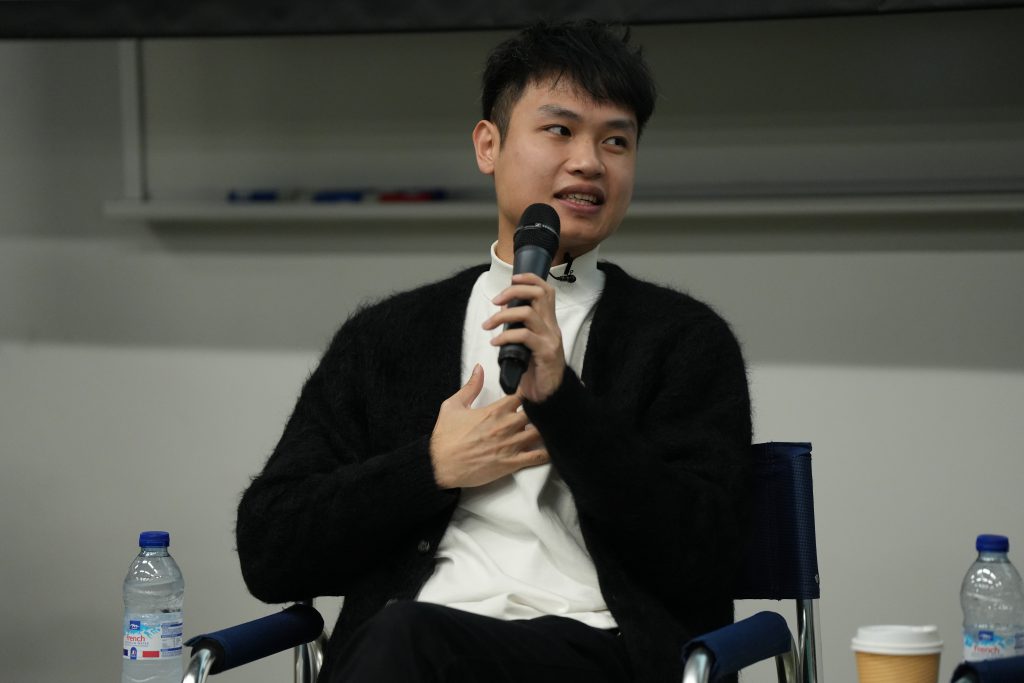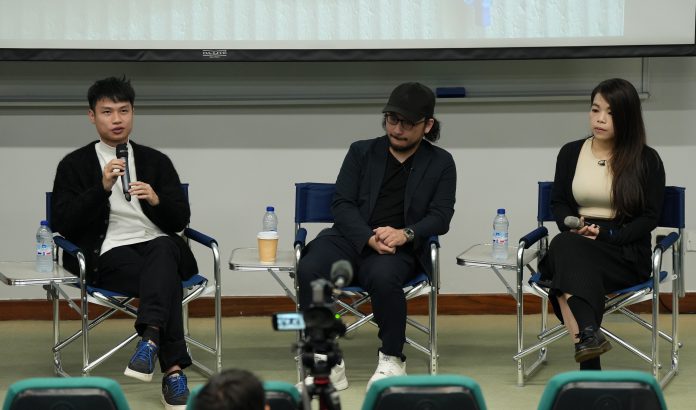‘In Broad Daylight’ scriptwriters urge people to stay kind in the world of injustice.
By Chloe Tam
Scriptwriters of the movie In Broad Daylight remind the audience to embrace virtues and stay kind despite living in a world of injustice with their latest production.
“We do not mean to make the audience feel defeated. Maybe some people think our movie makes people feel destitute, but actually we just want to tell the audience this is how the world operates. There are times we feel helpless and suffer from injustice. Yet, will you still choose to embrace virtues and choose to be a kind person?” says Iris Tong Chui-Ping, one of the scriptwriters of the movie.
In Broad Daylight is an award-nominated movie based on true events of abusing elderly and people with mental disabilities in care homes.
In the movie, a group of journalists reveals the abuses but the care home director escapes trial as the victim is not suitable for testimony due to her mental illness.
“I think the most precious kind of virtue is not just being kind, but choosing to be kind after witnessing evil acts or suffering from injustice,” Tong says.
Speaking at a sharing session hosted by Varsity, Tong says the world lacks empathy and it is the root cause of evildoings.

“Empathy is essential if we want to make a better world. If we can put ourselves into others’ shoes and be considerate, we will not hurt others. If people are selfish, they will do whatever they want without thinking about others and being considerate,” Tong says.
Through the movie, the scriptwriter hopes the audience can see the world from a different perspective other than what they learn from news stories. And she cites a suicide case included in the movie as an example.
“How such a case is handled in a movie is different from how it is reported in a news story. A news story probably bears a headline – ‘A Boy Falls into His Death’. The public only read the news story as one suicide case. But in a movie, the audience can learn more about this boy such as his characters. The audience can look into the case in a more empathic way,” she says.
“In the movie, I can tell the story of this boy to let people feel what he has gone through and experienced in his life. This is the power of movies,” Tong adds.
Another scriptwriter, Li Cheuk-fung shares Tong’s thoughts.
“Though we cannot change the world, I am pleased that the audience gets some food for thought after watching the movie,” Li says.
“The title In Broad Daylight means daytime. We always assume that crime and bad things only happen at nighttime, but terrible things also happen in public space and in broad daylight… right in front of us. We are closer to the crime scene than we think,” Li says.
The movie was released in November, 2023 after five years of devoted work. The scriptwriters conducted research about abuses in care homes by speaking to district councilors, social workers, journalists and victims’ families, hoping to understand their struggle and difficulties from different perspectives.
The scriptwriters also hope the audience could pay attention to the destitution and sufferings of caregivers.
“Surely, we feel sad for the residents in care-homes but never the caregivers and even blame them. Caregivers often do not have adequate support. I hope I can be their voice in the movie,” Li says.

“According to the reporter, the real situation in the concerned care homes was ten times worse than what is portrayed in the movie. During production, it is extremely difficult to strike a balance between making a shocking story and not excessively appealing to the tragedy. For journalists, facts restrict their reporting. But moviemakers are restricted by our own limits,” Li adds.
His feelings and thoughts about care homes have changed after learning more about stories behind these tragedies and abuses.
“The more I understand the issue, the more helpless I feel. You get to know the complexity in the issue and feel frustrated about policies. There are many struggles of values and the system, leading to the loopholes,” Li says.
“The more you know about these loopholes, the complexity in your mind strengthens the sense of powerlessness. How can we start making changes?” Li asks.
Sub-edited by Leopold Chen







































